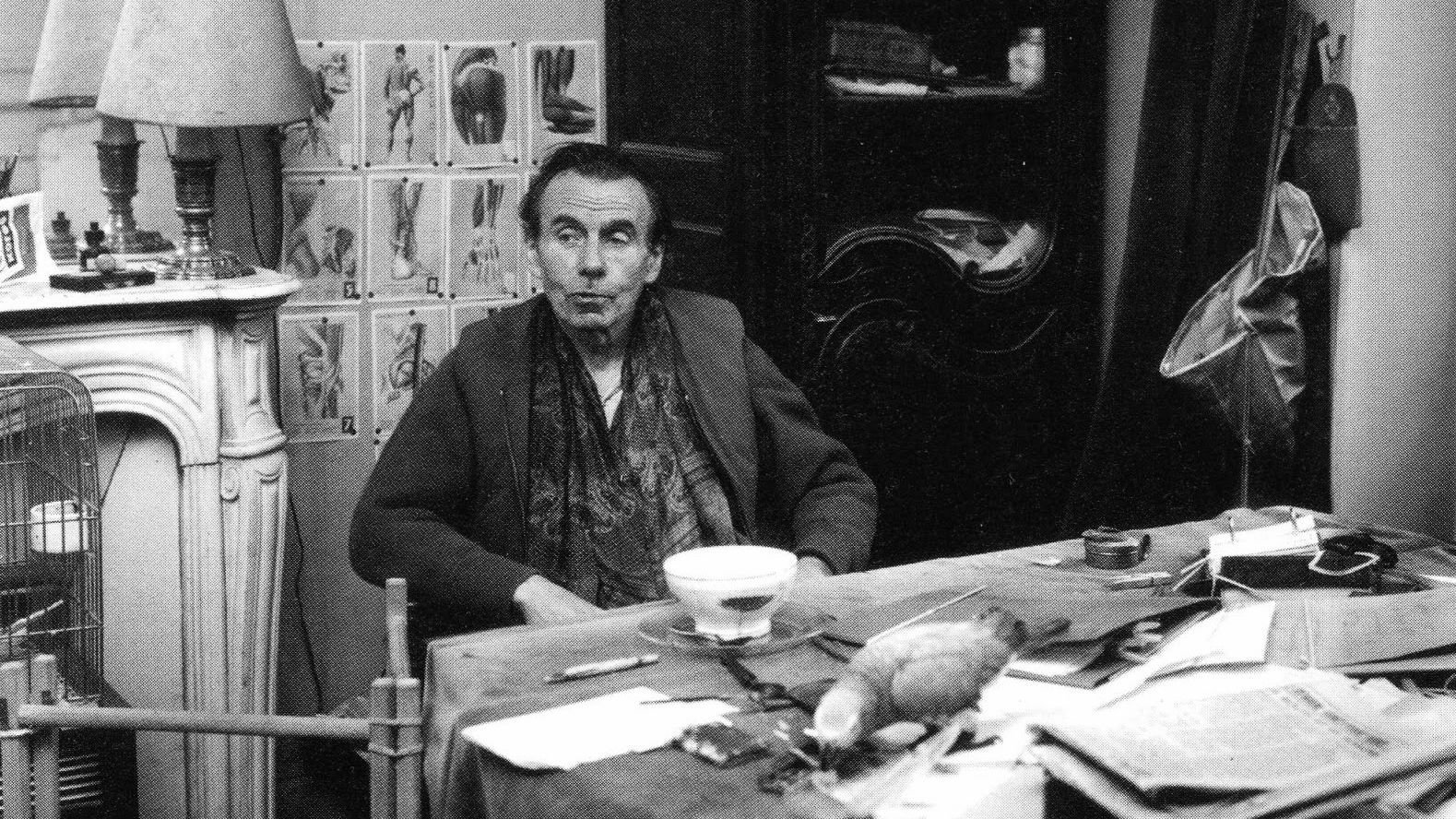Half a year after the French newspaper Le Monde called the discovery of the nearly six thousand page manuscript of author Louis-Ferdinand Célin “one of the greatest literary discoveries of the century” on its front page, the hitherto unknown first work will reach readers. The novel entitled War will be published on May 5 by publisher Gallimard in a so-called White Edition, AFP reported.
Céline, who lived from 1894 to 1961, considers this World War I story lost forever. It has now been prepared for publication by historian Pascal Fouché, with a foreword written by lawyer François Gibault, one of the trustees of the author’s estate.
The novel has approximately 250 pages and takes place in Flanders during the First World War. Céline completed it in 1934, roughly two years after the publication of his famous prose, Journey to the End of the Night. “Half-autobiographical, half-fiction testimony reveals a key experience in his life: the physical and moral trauma ahead,” advises Gallimard.
Célin, whose real name is Louis-Ferdinand Destouches, was 20 years old when the First World War began. Right in the fall of 1914, he took part in the first battle of Ypres, in which British, French and Belgian troops tried to repel the German attack. The future writer offered to deliver an important message to the Poelkapelle area. However, he suffered a serious shoulder injury during the stunt, was later declared partially disabled, and for the rest of his life admitted to suffering from headaches and tinnitus, which is ringing in the ears.
In his newly discovered novel, he refers to war as the “slaughterhouse of the mad world”, quoting Gallimard. “I caught the war in my head. I locked it,” he wrote.
This novel is about Brigadier General Ferdinand. At the beginning of the story, he wakes up from unconsciousness on the battlefield and finds that he has been injured. He was declared invalid at the hospital and then sent to London. The author of the novel also ended up there after recovery, he worked at the French embassy in the British capital, before then returning home.
Louis-Ferdinand Céline lost a still unpublished manuscript in 1944. According to an unconfirmed theory proposed by biographers, it was stolen from his apartment in Montmartre, Paris, by members or sympathizers of the French resistance after the author fled first to Germany. and then to Germany. Denmark in March 1945.
The author left Paris in the summer of 1944 after the Allied landings in Normandy, fearing accusations of collaboration. During World War II, a staunch anti-Semite, Céline wrote a pamphlet calling for the extermination of the Jewish people. He was later sentenced in absentia to lose half of his property. Justice followed him after the end of the war in Denmark, where he was arrested at the request of the French. He spent a year in Danish custody.
After the war, he stopped reporting to pamphlets, in a letter from 1948 he claimed that he was starting to like Jews again. His novels contain no anti-Semitic satire. Céline returned to France thanks to an amnesty in 1951, signed a contract with Gallimard and worked as a doctor at Meudon in southwestern France for the rest of his life.
He never ceased to regret the loss of the manuscript he had left in Paris. Until recently, they were thought to be lost forever. However, last year, Le Monde reported that the texts had been kept for the past 15 years by theater critic Jean-Pierre Thibaudat, who had previously received them from an unnamed female reader.
“He gave it to me on one condition: that I must not publish it as long as the widow of Lucette Destouches lives. Readers are left-leaning and do not want the widow of the writer to enrich herself in this way,” the critic said. After Célin’s widow, Destouches, died in 2019 at the age of 107, critics contacted the heirs. The authenticity of the text has been verified by the National Library of France.
According to the AFP agency, Gallimard will publish more works by previously unknown authors. The war will be followed by prose titled London, which tells of the author’s trip to the British capital in 1915, a partially autobiographical Casse-pipe (Masakr or ež in Czech), only a quarter of which have been published so far, and a medieval story called The Will. King Krogold. Céline already mentions this character in the novel Death on Credit, where the character Dr. Ferdinand tries to write a novel about King Krogold.
From May 6 to July 16, the fate of the texts will be revealed in an exhibition entitled Céline: Rediscovered Manuscripts, curated by literary historian Alban Cerisier. Publishers will arrange them at the Galerie Gallimard Paris, complete Le Figaro newspaper.

“Certified bacon geek. Evil social media fanatic. Music practitioner. Communicator.”







